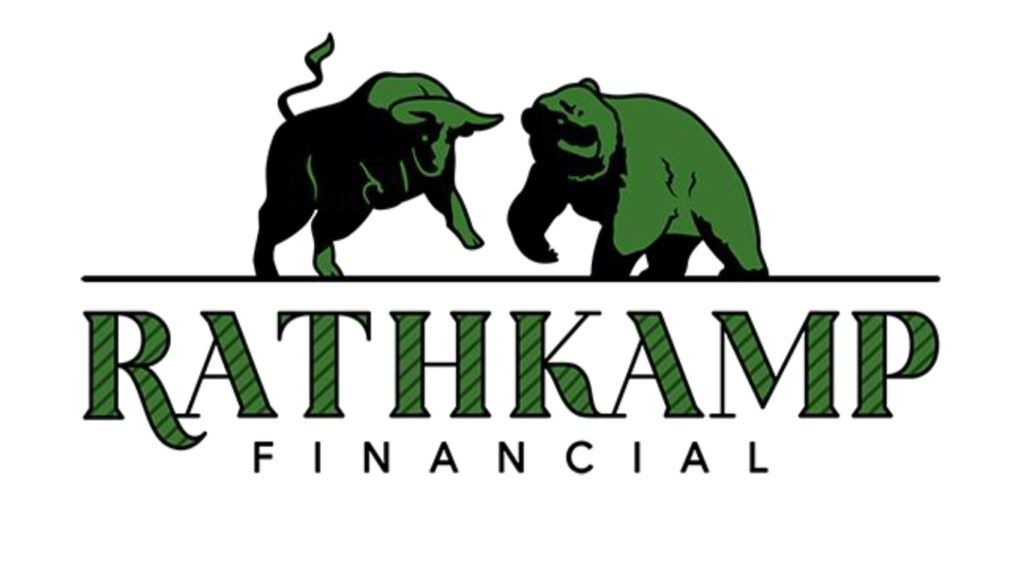Article Presented By Rathkamp Financial…
(Columbus) – Ohio Attorney General Dave Yost today released the 2024 edition of the Sunshine Laws Manual, which has been made more user-friendly and expanded to include a new chapter on law enforcement records.
The manual, affectionately known as the “Yellow Book,” is a guide to Ohio’s Public Records and Open Meetings laws – a resource designed to help Ohioans know their rights and public servants understand their obligations under the law. Because laws frequently change, the manual is continuously updated to ensure its relevance and accuracy.
“You can’t have government for the people, by the people and of the people if the people don’t know what their government is doing,” Yost said. “Transparency is the bedrock of accountability, trust and democracy. Without transparency, citizens cannot fully participate in their democracy or hold their leaders accountable.”
Sunshine Week, initiated in 2005, reinforces the principles of government openness that have been cherished since the time of our Founding Fathers. It is always observed during the week that includes the birth date (March 16) of James Madison, a leading advocate for government openness.
The new chapter in the manual stems from big changes in the law in recent years. Included are exemptions that apply to law enforcement records, as well as issues and exemptions specific to law enforcement officers, crime victims and witnesses. Likewise, the chapter addresses new provisions in the Public Records Act on body-cam and dash-cam footage as well as recent updates to Marsy’s Law.
The 2024 manual is more user-friendly, with numerous links and hyperlinks added to provide direct access to the Ohio Revised Code, court rules, the Ohio Court of Claims, the Ohio Attorney General’s Office, other public offices and more.
In addition, the free Sunshine Laws training offered statewide by AG Yost’s office has been updated and reformatted. Public officials (or their designated representative) must take this training at least once per elected term, but the sessions are also open to the public.
For local governments looking to create a public-records-request policy, Yost’s office provides this model policy.



More Stories
Red Cross Seeks Donors May Trauma Awareness Month
Ohio A.G. Seeks Input On Signature Protections
Recommendation Made to Raise Postal Rates